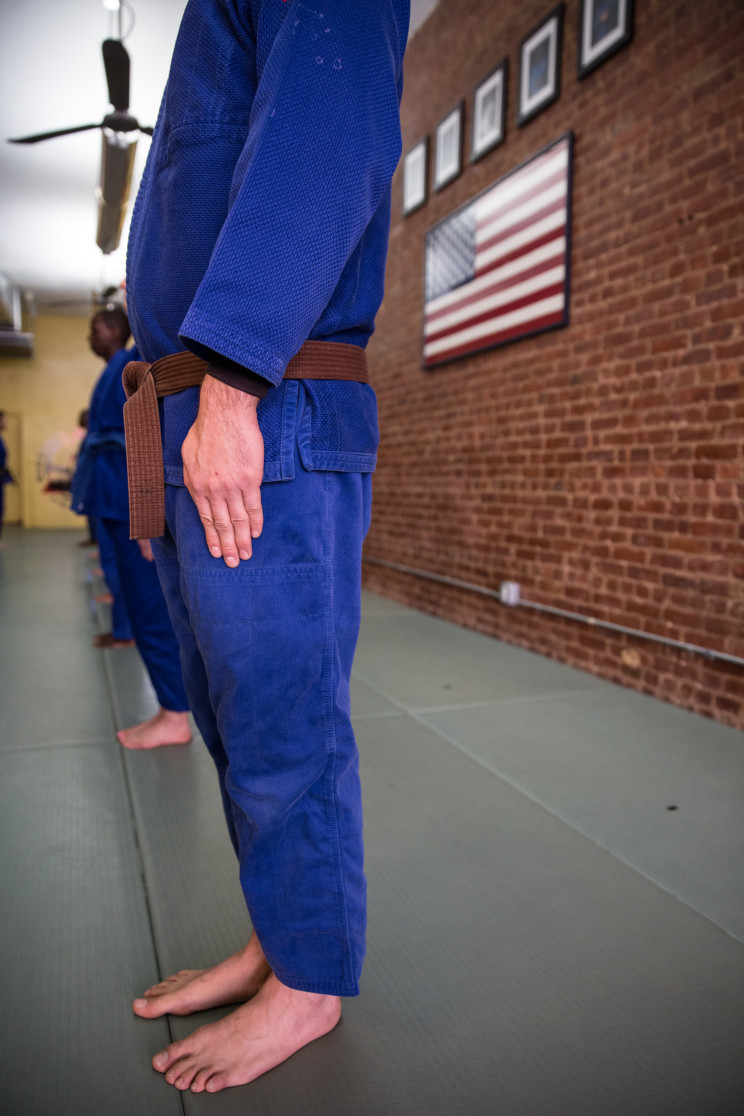Where is Mr. Miyagi?
If you can remember growing up in 1970s, you probably remember Bruce Lee being the pinnacle of what martial arts training was about. And then came the Karate Kid, and to anyone from a divorced family and growing up in the streets (like myself), it offered a compelling vision of a real alternative for life as a teenager.
 Sure, it was a movie, and it’s easy now to look back with a jaded eye – plenty of you don’t remember how exciting it truly was when the Karate Kid opened. But it was a real feeling of excitement and, for many younger people, of possibility.
Sure, it was a movie, and it’s easy now to look back with a jaded eye – plenty of you don’t remember how exciting it truly was when the Karate Kid opened. But it was a real feeling of excitement and, for many younger people, of possibility.
At that moment, many disaffected or neglected kids realized that there was this activity that they could do with people who were respectable, who might actually care about them and worry about them as human beings, and who might provide them with answers.
This was a brand-new possibility. Bruce Lee was amazing to watch, but there was a distance to his mastery; the Karate Kid was the first time you could actually see that there was a process, a mentor that could provide support and help and hope.
It wasn’t about the “Kid”, it was about the “Karate”…and it was about Sensei. It was Miyagi. The viewer, the audience, we were all the kid. It brought it all much closer to home.
Reflecting on this now, and on the state of the martial arts, it seems that in some ways the martial arts Sensei has gone from hero to zero.
Here is an illustration. A popular internet talk series had a martial arts guy as a featured speaker. He opened by talking about the principles of the martial arts. He spoke about the value of training, the discipline, how it holds people to high standards. And then, at the first chance he got, he started talking about his competition career. He went into depth about his own accomplishments and what he was about, how he has done what he had done and so on.
What had been a dialogue, where as a listener and a practitioner one could be involved and invested in his process, was suddenly a monologue.
And that’s what we mean from hero to zero. It was what the martial arts had done for him, as opposed to what the martial arts can do for others. The focus had become so narrowed that all the rest of us were lost.
As a sensei, the moment we go from caring about others to just bragging about ourselves or our accomplishments, we’ve tanked. We’ve wrung the neck of the goose that lays the golden egg.
As practitioners, part of the “fitness” that martial arts training is supposed to give us is the ability to have a broad vision. We should be fit for the role as a representative of the martial arts, as opposed to just shrinking everything down to fit our ego.
We end up talking about ourselves and what we’ve done and accomplished and we lose our audience. Or worse: we give others the permission to be self-serving and exclusionary.
As representatives of the martial arts, we must be able to extend ourselves in a way in order to take a stand for people in our lives. Maybe it means counseling someone in crisis, or giving someone an alternative to a limiting belief system.
It doesn’t have to be a grand, sweeping gesture; it can be something small, but we have to start somewhere.
The alternative is not very palatable to a mature adult: to be stuck in this rhythm of our own accomplishments, the steady beat of “me-me-me”. It is a death knell for our relationships in and out of the dojo. But if we can manage to do something helpful, hopeful for others, we have a chance to recoup even the most difficult, hopeless circumstances.
This is the challenge for the Sensei and the student, to keep a broad vision and an open approach. It’s why Miyagi is a good place to start – no bluster, no ego, and an image most of us can relate to. The work ahead of us is to keep ourselves on the side of helpfulness, of giving, so that we have a chance to return the sensei (and ourselves) back to hero from zero.
Great article that is what a true must be.Osss
Very well written blog and an important message. Approaching martial arts as a means of giving rather than recieving makes the impact of one’s skills much greater, and you actually recieve more, as you see the changes you can affect and draw inspiration from that.